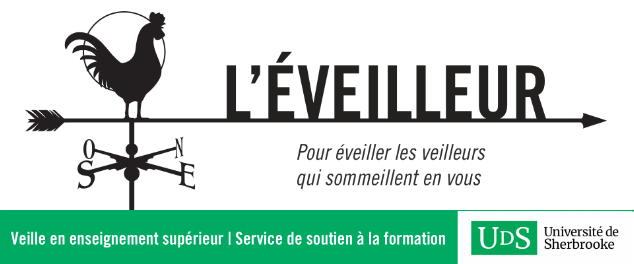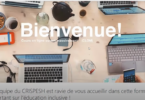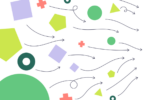Dans un article sur le site web de la publication Campus Technology, Trent Batson présente l’idée de la University of People qui prône l’ « apprentissage par l’enseignement aux pairs » (learning by teaching ou peer-to-peer teaching):
Le passage suivant résume bien l’attrait de cette approche, basée essentiellement sur un modèle distribué:
But, our dilemma, in this period of digital disrupted equilibrium, is not whether students learn with or without teachers. Our dilemma is bigger. How do we extend (“scale up”) the scholarly conversation that depends on the domain expertise of the few, so that all students can join the conversation, those in the demographic represented by UoPeople and those represented by traditional higher education? How can we re-engineer our media to, first, allow those with access to participate in the conversation more actively and allow those without access (the demographic for the UoPeople) to begin to have access?
A large lecture hall is not the answer, nor is sending lectures out through iTunes, or other media channels. Knowledge is not a commodity. And learning is not performance. Learning is conversation. So, then, the question becomes:
How do we extend the conversation to more people and how can that conversation be authentic and lead to active and experiential learning?
What if, for example, students at Delivery U, after they sit through a few lectures in a subject, then were assigned to connect with students at UoPeople and try to convey the ideas from the lectures to those students? What if they had to try to answer the UoPeople students’ questions? And, what if the Delivery U students learned that what they heard in lecture doesn’t make sense in Oman or Mongolia or Arkansas? Each teaching each other: Through teaching we learn the most.
Il ne s’agirait donc pas d’exclure ici la contribution d’experts disciplinaires, mais bien de limiter le nombre de cours à caractère magistral pour inviter les étudiants à prendre une plus grande place dans leur apprentissage, notamment en effectuant des recherches et en partageant leurs trouvailles avec leurs pairs, un peu à la façon du séminaire de recherche des programmes d’études supérieures mais dans un contexte d’apprentissage initial. Quoi de mieux pour préparer les étudiants à entamer un programme de maîtrise et/ou de doctorat?






